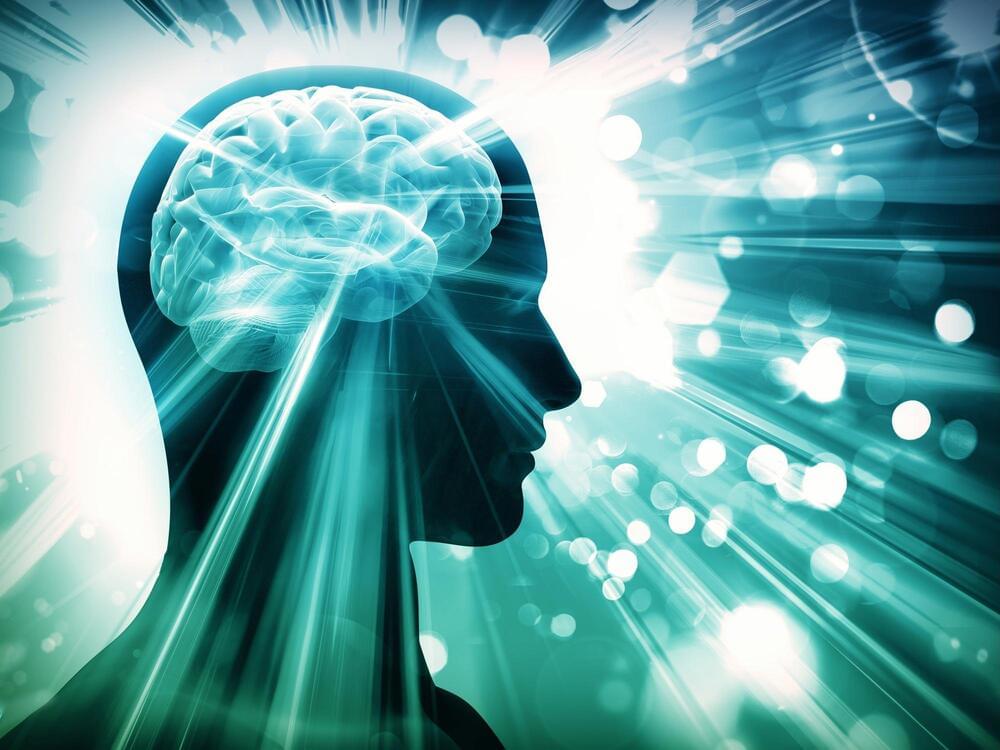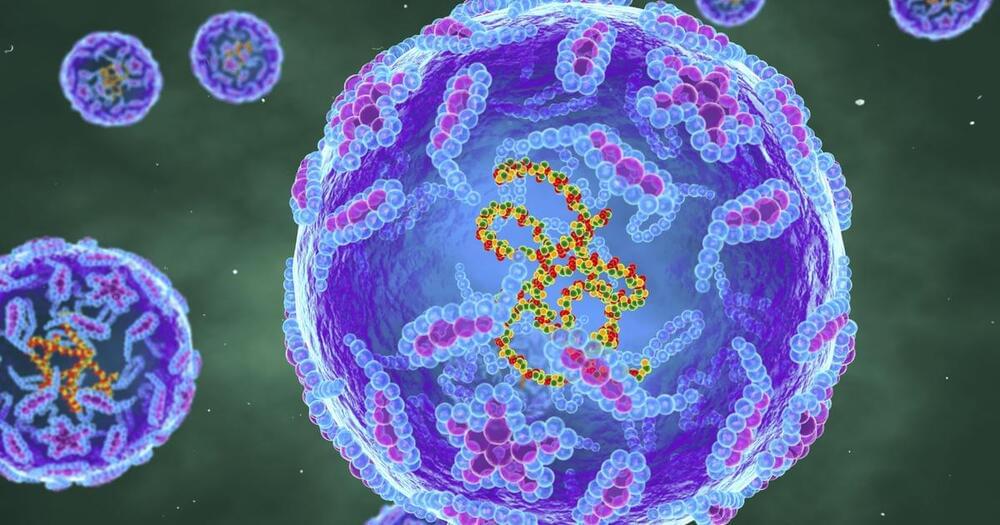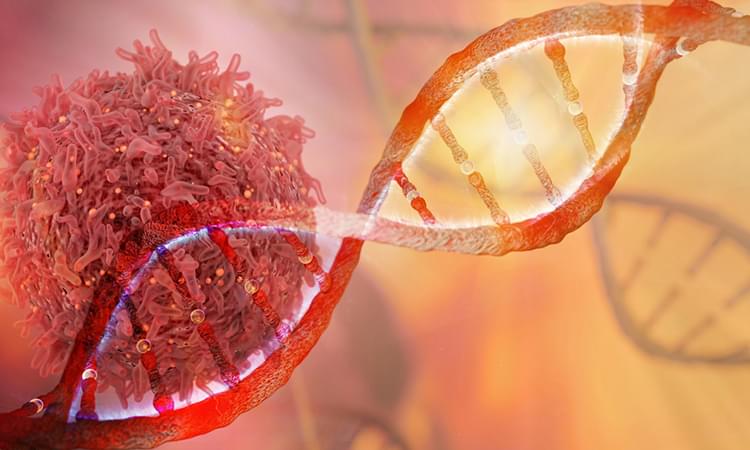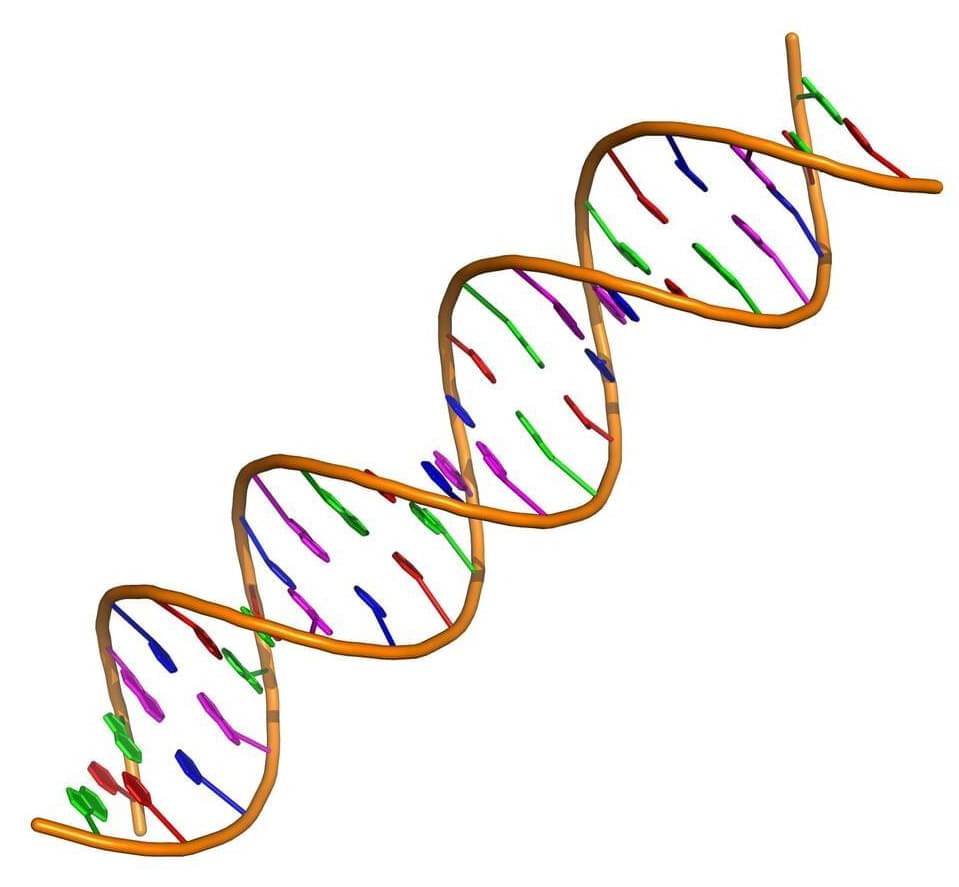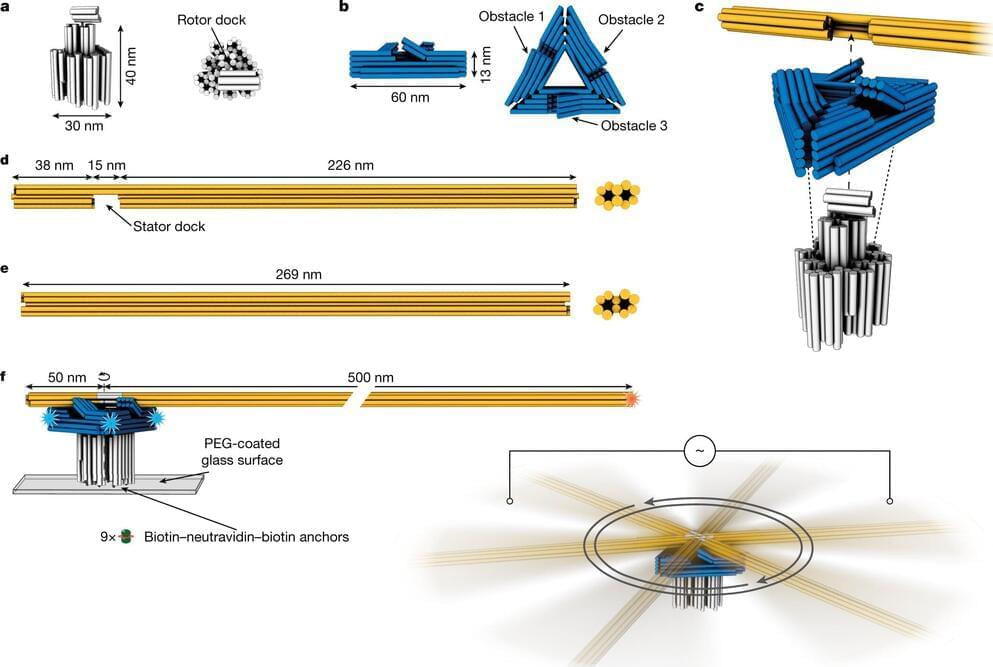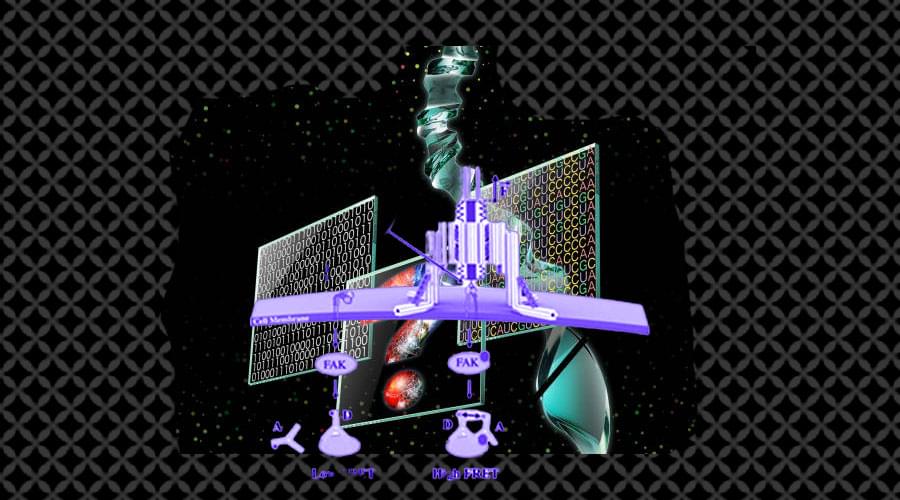Nicely done Tim!
https://www.timventura.com — Dr. Natasha Vita-More discusses transhumanism, human augmentation, life extension, and cryopreservation, and provides valuable insights into the latest medical advances empowering body augmentation & super-longevity in humans.
Our interview begins with a philosophical discussion of transhumanism, including what it is and why this emerging community is growing so rapidly — as it is driven forward by rapid advances in medical technology and an aging boomer population.
We also discuss the work of Dr. David Sinclair, Liz Parrish and Bioviva Sciences, Alcor, and a collection of notable authors, thinkers, and scientists pushing the boundaries of what it means to be human in the 21st century.
Dr. Natasha Vita-More is a pioneering leader and community organizer in transhumanism, and a proponent of human rights, morphological freedom, and ethical means for human enhancement.
